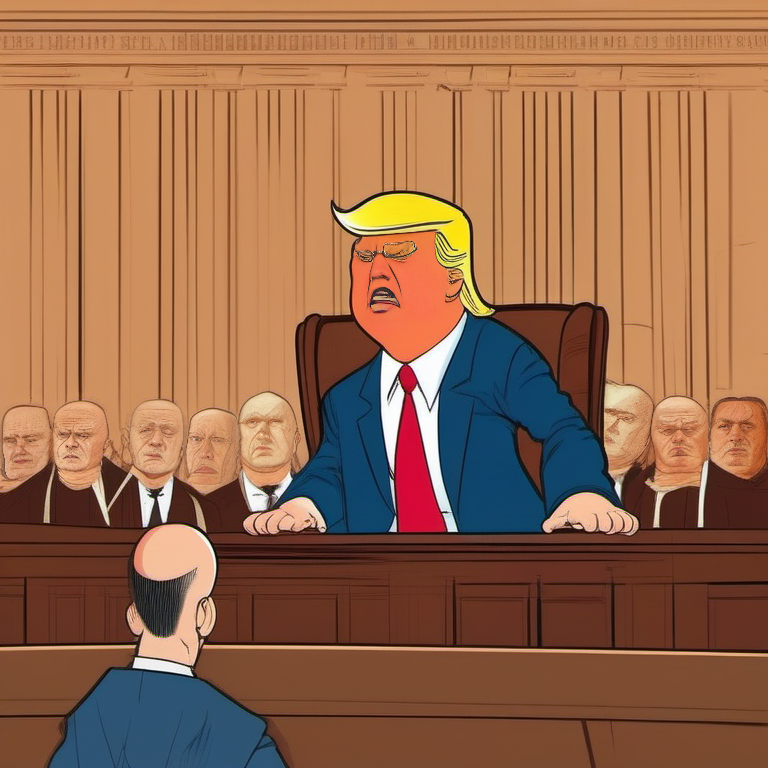Former President Donald Trump disqualified from Maine primary ballot
Former President Donald Trump has been disqualified from appearing on Maine’s primary ballot due to his attempts to overturn the results of the 2020 presidential election, according to the state’s secretary of state, Shenna Bellows. In a 34-page ruling, Bellows declared Trump’s primary election petition as “invalid” based on his disqualification under Section 3 of the 14th Amendment of the U.S. Constitution, also known as the insurrection clause.

The insurrection clause and its implications
Section 3 of the 14th Amendment was originally written after the Civil War to prevent Confederate rebels from holding elected office. It states that anyone who has engaged in an insurrection or rebellion against the United States is ineligible to hold state or federal office. Bellows found that Trump’s attempts to overturn the election results qualified as an insurrection, making him unqualified to appear on the primary ballot.
Trump campaign’s response and legal action
The Trump campaign swiftly responded to the ruling, accusing Bellows of partisan interference in the election. Spokesperson Steven Cheung criticized Bellows as a “virulent leftist” and accused her of attempting to disenfranchise American voters. The campaign plans to file a legal objection in state court to prevent the ruling from taking effect.
Similar rulings in other states
Maine’s ruling is part of a series of recent decisions regarding Trump’s eligibility to appear on primary ballots. Colorado’s Supreme Court ruled against his inclusion on December 19, citing the same section of the Constitution. However, Michigan’s Supreme Court ruled in favor of Trump’s appearance on their primary ballot, stating that they cannot rule on the merits of his candidacy until he becomes the Republican Party’s nominee. In California, the secretary of state has certified Trump as a presidential candidate for the state’s primary election.
Trump’s expected legal challenge
Trump is expected to challenge Colorado’s ruling in the U.S. Supreme Court, seeking to overturn the decision and secure his place on the primary ballot.

